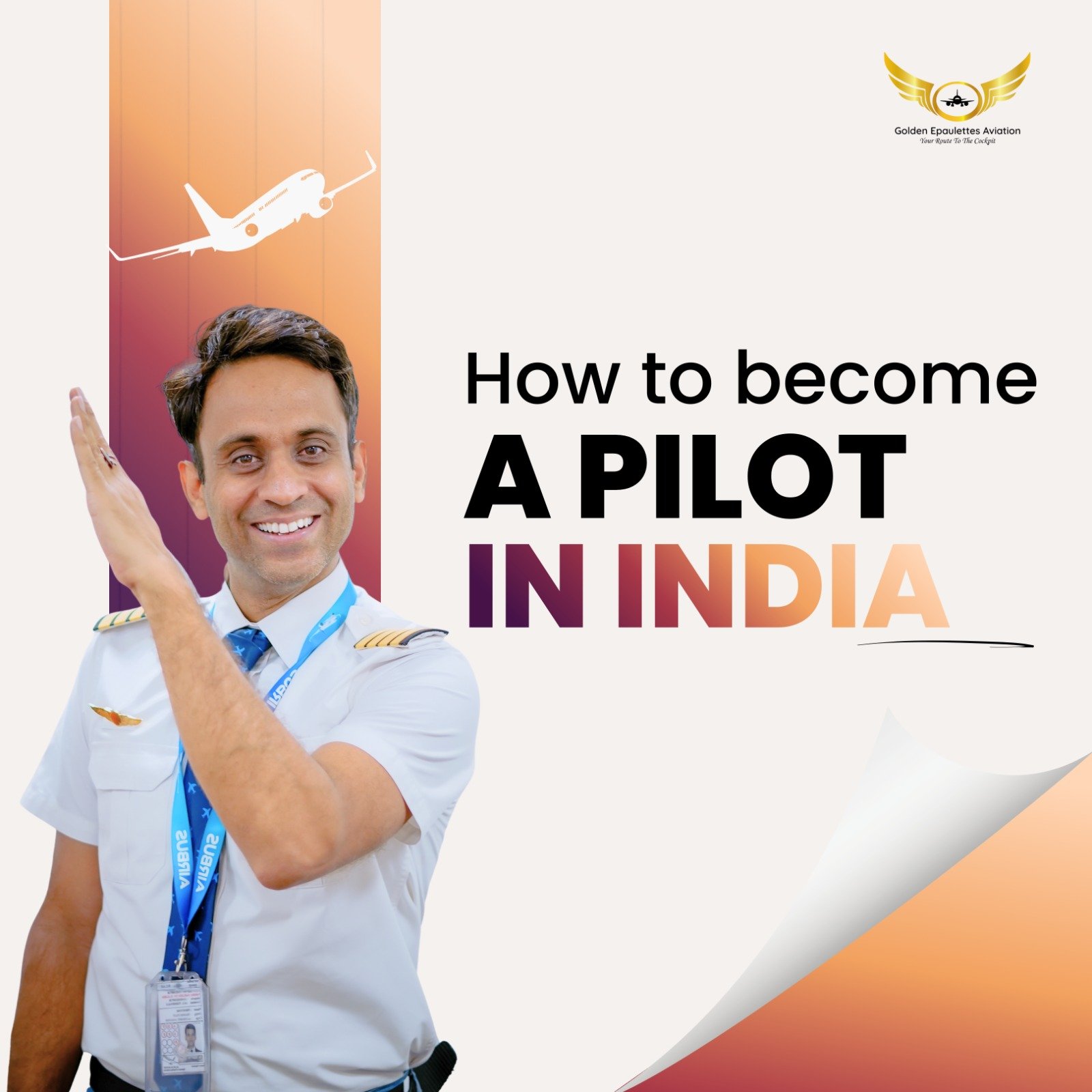Airline Pilots in Europe: Challenges & Opportunities
Content will be added soon
 Menu
Menu
Pilot Programs
The Challenges of Becoming an Airline Pilot in Europe – An exploration of the unique challenges of becoming an airline pilot in Europe, including the language barrier, cultural differences and the need for specialized training. (Reference
Capt. Tomar Awdhesh
Author

Thank you! Our team will contact you shortly on WhatsApp.